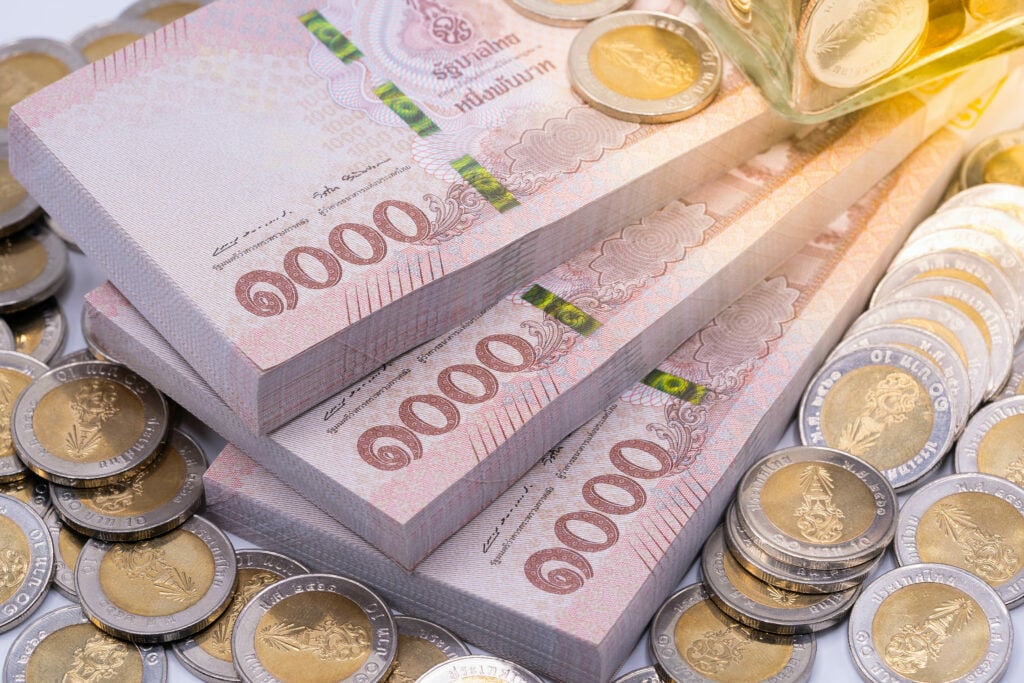KResearch Forecasts Significant Fluctuations for Thai Baht
The Kasikorn Research Centre (KResearch) has predicted that the Thai baht will experience notable fluctuations throughout 2025, forecasting a depreciation to 35.50 baht per US dollar by the end of the year. This projection is influenced by various factors, particularly potential pressures arising from the economic policies of President-elect Donald Trump.
Current Exchange Rate and Historical Context
As of the close of 2024, the baht was valued at 34.11 baht per US dollar. Although this rate is similar to the year-end figure for 2023, it reflects significant volatility, with a daily exchange-rate range showing a difference of 5.03 baht between its strongest point at 32.15 baht and its weakest at 37.18 baht during 2024.
Impact of US Federal Reserve Policies
The fluctuations in the baht’s value in 2024 were closely tied to changes in the US Federal Reserve’s monetary policy. Initially, high interest rates were maintained to combat inflation, but by late third quarter, indications of potential rate cuts began to emerge. These shifts caused the baht to weaken in early 2024, strengthen in the third quarter, and then depreciate again following Trump’s election victory.
Key Factors Influencing the Baht in 2025
KResearch has identified three primary factors that will shape the performance of the baht in 2025:
- US Economic Policies: The direction of interest rates set by the Federal Reserve and Trump’s economic strategies are expected to exert significant influence on the baht.
- China’s Economic Slowdown: A continued deceleration in China’s economy may add pressure on regional currencies, including the baht.
- Thailand’s Economic Fundamentals: Weak economic fundamentals and risks associated with a sluggish recovery could lead to further depreciation of the currency.
Uncertainty Surrounding US Policies
The uncertainty surrounding US economic policies is anticipated to weigh heavily on the Thai baht in 2025, particularly during Trump’s first 100 days in office as his administration outlines new trade strategies. Escalating trade tensions between the US and China may also affect regional currencies, impacting Thailand’s export performance and delaying economic recovery.
Expected Intensification of Depreciation
KResearch forecasts that the depreciation of the baht will likely accelerate in the second half of 2025, coinciding with the Federal Reserve nearing the end of its rate-cutting cycle. Trump’s preference for a weaker US dollar adds another layer of unpredictability, potentially increasing volatility across global currency and financial markets.
Preparing for Market Volatility
Amid these challenges, KResearch anticipates heightened market volatility for the Thai baht, projecting it could depreciate to 35.50 per US dollar by year-end 2025. Stakeholders are advised to closely monitor these developments as they navigate an uncertain economic landscape influenced by both domestic and international factors.









